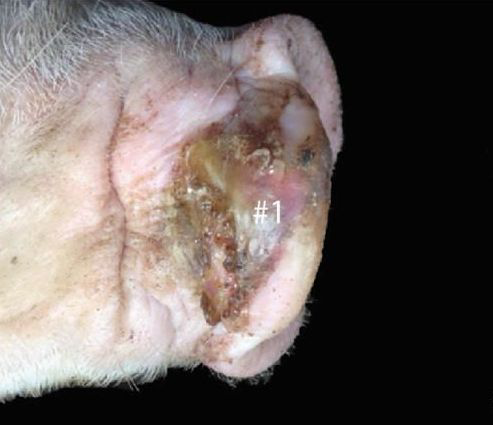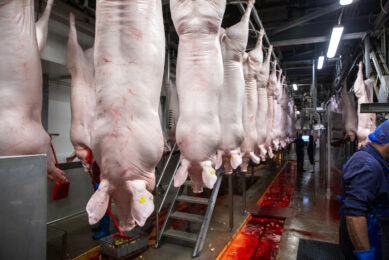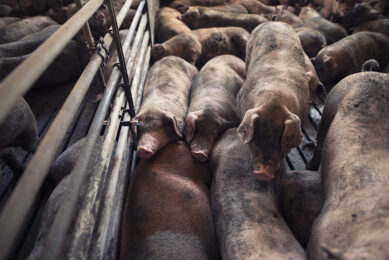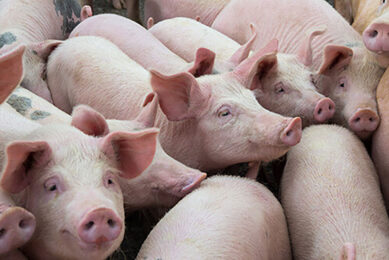Midwest struck by Seneca Valley virus

The United States Midwest have reported some cases of Seneca Valley virus (SVV) in various breeding herds over the last couple of weeks.
The virus, also known as Senecavirus A, causes clinical signs which might be associated to Foot-and-Mouth Disease (FMD), like vesicles or fluid-containing epidermal elevations. On the breeding females and boars, lesions on the snout and coronary band/hoof lesions are seen.
Short, acute increase in neonatal piglet mortality
In neonatal piglets, a short, acute increase in mortality with possible diarrhoea can be observed. Morbidity and mortality estimates are 30-70% for a short period. The virus is often only discovered once problems with the neonatal piglets are observed.
Before concluding SSV had entered the breeding herds, the swine infected have been tested for various other viruses, the American Association of Swine Veterinarians (AASV) stated. Foreign animal disease investigations continued to show the pigs tested negative for Foot-and-Mouth Disease virus (FMDv), Swine Vesicular Disease virus (SVDv), vesicular exanthema of scine and vesicular stomatitis, but positive to Senecavirus A.
Overall, AASV said there has been an increase in the number of cases of SVV diagnosed by the diagnostic labs so far in 2015.
Why SVV is worrying officials
Although SVV is a member of the same viral family as FMDv and SVDv, the virus is not as dangerous as FMD, which is worrying officials, as it might lead the industry to become complacent and forget about FMD.
Prior to these outbreaks, the disease has been found in Canada, Australia, Italy, New Zealand and most recently in Brazil. In the last 5 years, and prior to these recent outbreaks, SVV has been found in North Carolina and Illinois. Between 1988 and 2001, the virus was identified in swine from California, Illinois, Iowa, Louisiana, Minnesota, New Jersey and North Carolina.
An updated report on the breeding herd cases of Seneca Valley virus is available from Iowa State University researchers.











